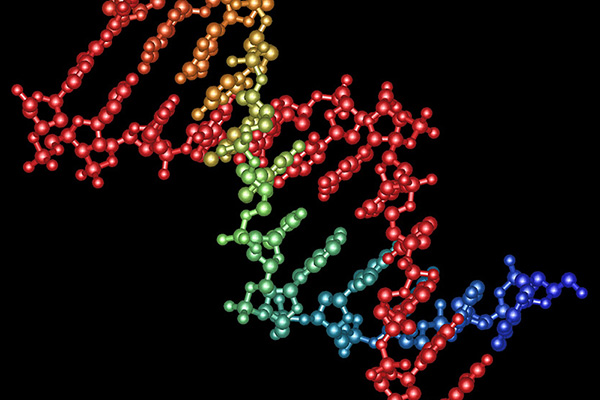SOGOS Go Sci-Fi
The new technologies discussed included non-invasive prenatal testing, which allows parents to screen the genome of their unborn child using a simple blood test taken from the mother at just eight weeks into pregnancy. This prompted ethical discussions regarding how much parents want to –and should – know about their child before birth, and just how long it will be until our world turns into Gattaca.
The roundtable preceded the 37th annual meeting of the Human Genetics Society of Australasia. Also held in Queenstown, the meeting brought together New Zealand and Australia’s finest geneticists to discuss issues more complex than John Mayer’s dating history.
Euthanasia was the first order of the day. Professor Aad Tibben of the Netherlands opened the conference with a presentation on “end of life options” for those with Huntington’s disease. Physician-assisted suicide is legal in the Netherlands, and while it remains illegal here, Councillor Maryan Street presented her bill to legalise euthanasia in New Zealand. The End of Life Choice Bill aims to protect those involved in assisting the suicide of people with terminal illness likely to cause death within 12 months, or of people with an irreversible physical or mental condition that renders their life unbearable (by their own assessment). The bill is currently waiting to be drawn from the ballot for further deliberation.
Before heading off on their booze-cruise around Lake Wakitipu, the attendees heard from a range of speakers, including those who addressed direct-to-consumer testing services such as 23andMe that offer people the chance to have their genome sequenced for relatively low prices. These services allow people to access information regarding their risk tendencies for conditions such as prostate cancer, Huntington’s disease and Alzheimer’s.
With 2013 being the 10th anniversary of the completion of the Human Genome Project, Angelina Jolie’s recent double mastectomy, and the UK’s announcement to sequence 100,000 UK citizens in the next five years, these discussions around the future of genomics could not have come at a better time.






